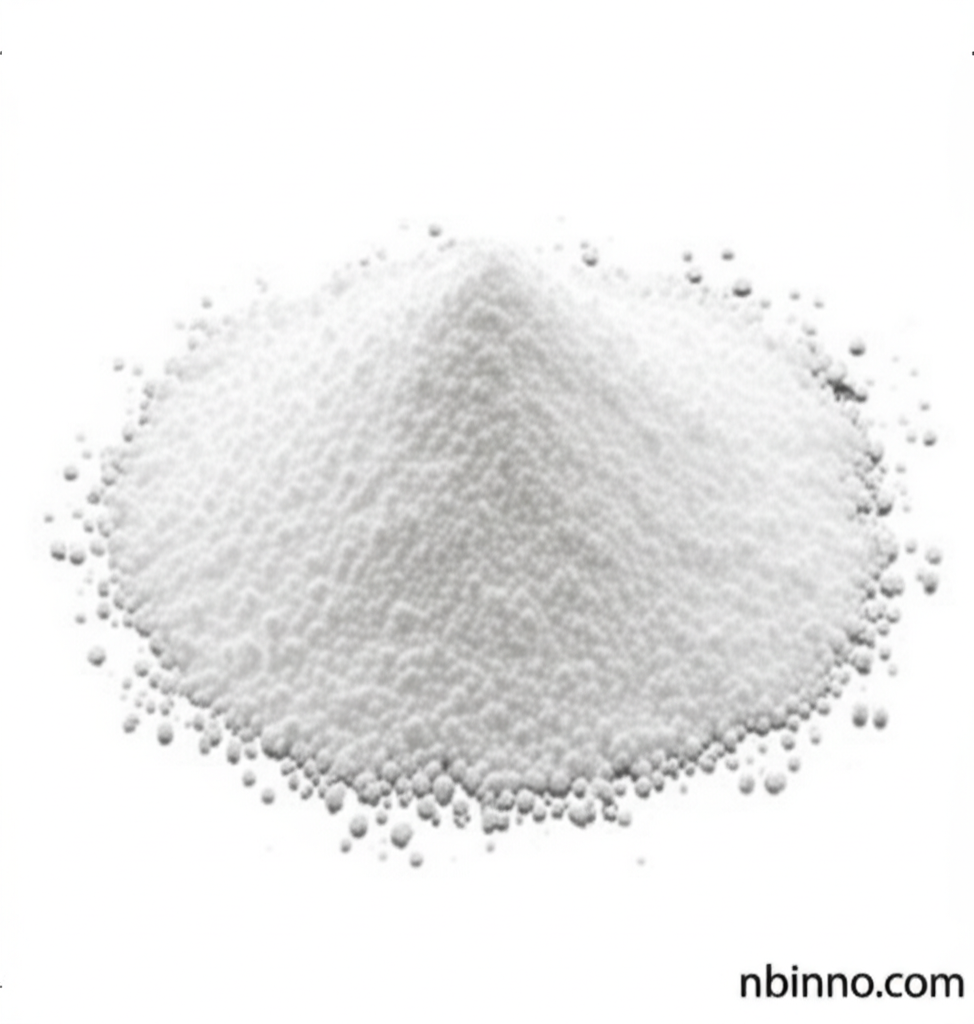Microcrystalline Cellulose: Essential Excipient for Pharmaceuticals, Food, and Beyond
Discover the versatile applications and critical properties of Microcrystalline Cellulose, a key ingredient revolutionizing industries.
Get a Quote & SampleProduct Core Value

Microcrystalline Cellulose
Microcrystalline Cellulose (MCC) stands out as a highly purified, partially depolymerized cellulose derived from plant fibers. It is an indispensable excipient with exceptional compressibility and binding capabilities, making it a cornerstone in pharmaceutical formulations. Its inert nature ensures stability, while its fibrous structure provides functional benefits as a bulking agent and dietary fiber.
- Leverage the benefits of microcrystalline cellulose as a pharmaceutical excipient for enhanced tablet formulations.
- Explore the critical role of MCC in the food industry as a texture enhancer and bulking agent.
- Understand the unique physicochemical properties of microcrystalline cellulose for diverse applications.
- Investigate why microcrystalline cellulose is a preferred choice for direct compression techniques.
Key Advantages
Exceptional Compressibility
MCC's superior compressibility allows for the formation of strong, stable tablets, crucial when sourcing microcrystalline cellulose for pharmaceutical applications.
Versatile Binder & Filler
Its dual function as a binder and filler makes it ideal for wet granulation and direct compression techniques, simplifying drug formulation.
Dietary Fiber Source
As an insoluble dietary fiber, MCC contributes to digestive health, enhancing its appeal in health supplements and functional foods.
Key Applications
Pharmaceuticals
MCC is widely used as a direct compression excipient, binder, and filler in tablets and capsules, ensuring consistent product quality when you buy microcrystalline cellulose.
Food Industry
It functions as a bulking agent, anti-caking agent, and texture enhancer in various food products, improving mouthfeel and stability.
Cosmetics
In cosmetic formulations, MCC acts as a thickener and texturizer, contributing to the desirable sensory attributes of personal care products.
Nutraceuticals & Supplements
Its role as a dietary fiber and inert filler makes it a popular ingredient in dietary supplements and nutraceutical products.
